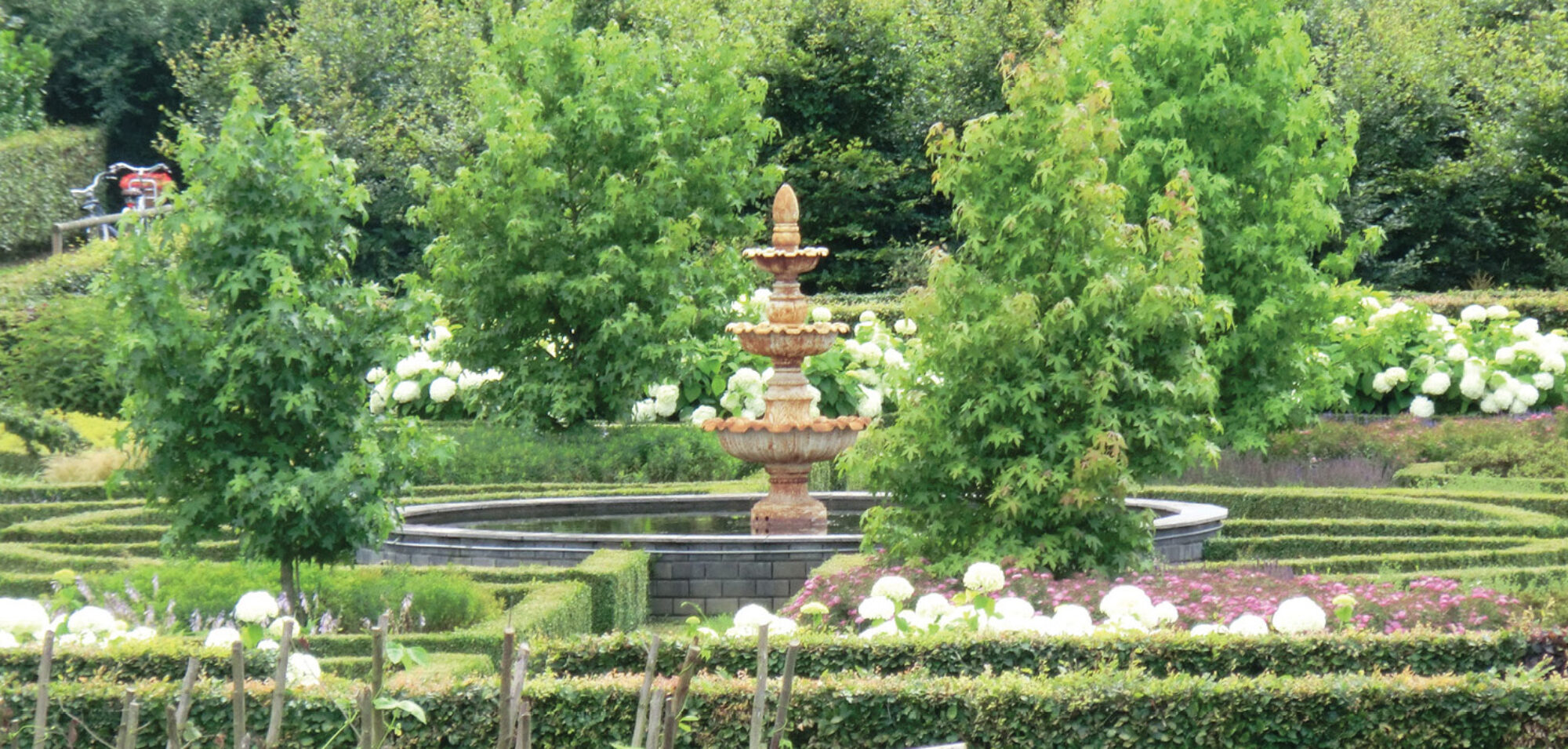When we think about owning and operating a nature estate like “De Roode Vennen,” the focus often falls on the natural beauty, the adventure, and the simple enjoyment of the outdoors. However, a sound understanding of real estate law books also plays a pivotal role in ensuring a successful, sustainable, and enjoyable experience for the owner as well as the visitors. With that in mind, this article will explore how real estate law and expertise can be helpful in setting up and managing a nature estate (like “De Roode Vennen”), and protecting and potentially increasing its value over time.
When investing in land for the purposes of renting out to guests for a nature experience, an understanding of aspects of real estate law can be invaluable. This includes knowing what kind of zoning permissions one might need, which permits are required to build a structure (such as a camper, tent, or cottage), and how to access utilities if necessary. All of these elements come into play when considering whether and how to set up the land to accommodate guests. No one wants to get caught in a situation where it turns out that the area is not zoned for camping, or that a permit was overlooked at the time of construction of a rental structure.
Having basic real estate legal knowledge can also help when dealing with issues such as land disputes with neighbors, construction permits, and land development. This can be important for avoiding potential conflicts with other landowners and knowing what your options are if any issues arise, and what steps to take in the meantime. Land disputes can include, for example, borderline issues, tree and foliage growth, etc. Again, having the knowledge of what to do when issues arise and what options are available can be very helpful in mitigating and addressing any problems.
Understanding the fundamentals of real estate law can also help with respect to creature comforts and expectations for those visiting the estate. What types of things may a person staying on the land expect? What is their redress if anything goes wrong? Knowing both the rights and responsibilities of owners, as well as those of guests, can foster a peaceful and enjoyable experience for everyone involved. It can also help to know how to deal with any potential issues that might arise, and again what options are available.
A clear understanding of property rights and responsibilities may also be beneficial for purposes of sustainable estate management. This can include letting others know where the parameters of the land start and finish, and what may or may not be appropriate on certain areas of the land.
It can also be important to have an understanding of building and forestry laws to ensure that the environment and landscape are not unduly disturbed. If you have concerns about these matters, seeking understanding or clarification may be helpful to avoid potential conflicts. Knowing what is needed for any alterations or developments on a nature estate can help both keep the natural environment healthy and thriving, and ensure that an estate is legally compliant with real estate laws.
Connecting with visitors and enhancing their experience can be a great way to ensure that they come back to stay again, as well as recommending your estate to their friends and family. The estate’s offerings will depend on the land itself, the owner’s preferences, and what permits are required and available. Generally, the following experiences could be available to create a positive and memorable stay:
This will all depend on the features of the land and the resources available to the owner. Having understanding of permits and legal procedures will be helpful here.
Taking care to respect the natural habitat is not only advisable from a legal perspective, but also beneficial for the estate. Respecting the sensitivity of the local ecosystem can ensure its ongoing health and vitality, thereby preserving it for the purposes of recreation. This means that the local animal and plant communities are supported, and that the environment remains ecologically balanced.
Real life case studies are an ideal way to become inspired by and learn from what other similar nature estates have done to attract visitors, and keep them coming back. One such piece of literature is a book entitled “The Cabin Book,” by Jill Freer. This book illustrated how Smart & Freer cabin owners (who had no previous experience in the field) acquired the land and broke into the rental business. They soon became noticed by rental sites and began accumulating 5-star reviews, and continued to enjoy rewarding experiences thereafter.
Real estate law also aims to protect the value of any estate, thereby ensuring that it can continue to be enjoyed or rented out in the future. Having the understanding of what is expected of an estate to comply with guidance from real estate law can be helpful. This might include knowing what permits are required for certain types of developments, or what is expected of the owner. The website also gives examples of what has worked well for its members, from which other estate owners can benefit.
Reading real estate law books and keywords helps to boost your understanding in this area, and may be of value if you plan to safeguard, develop, and maintain a nature estate. Reading the material will also give you an understanding of whether you need expert legal assistance, and what type of real estate law books you might benefit from.
For more information on property rights and real estate law, you can visit USA.gov.

